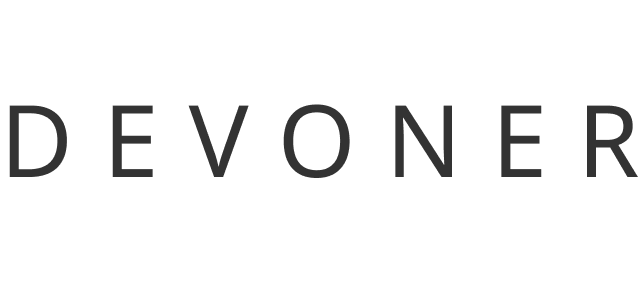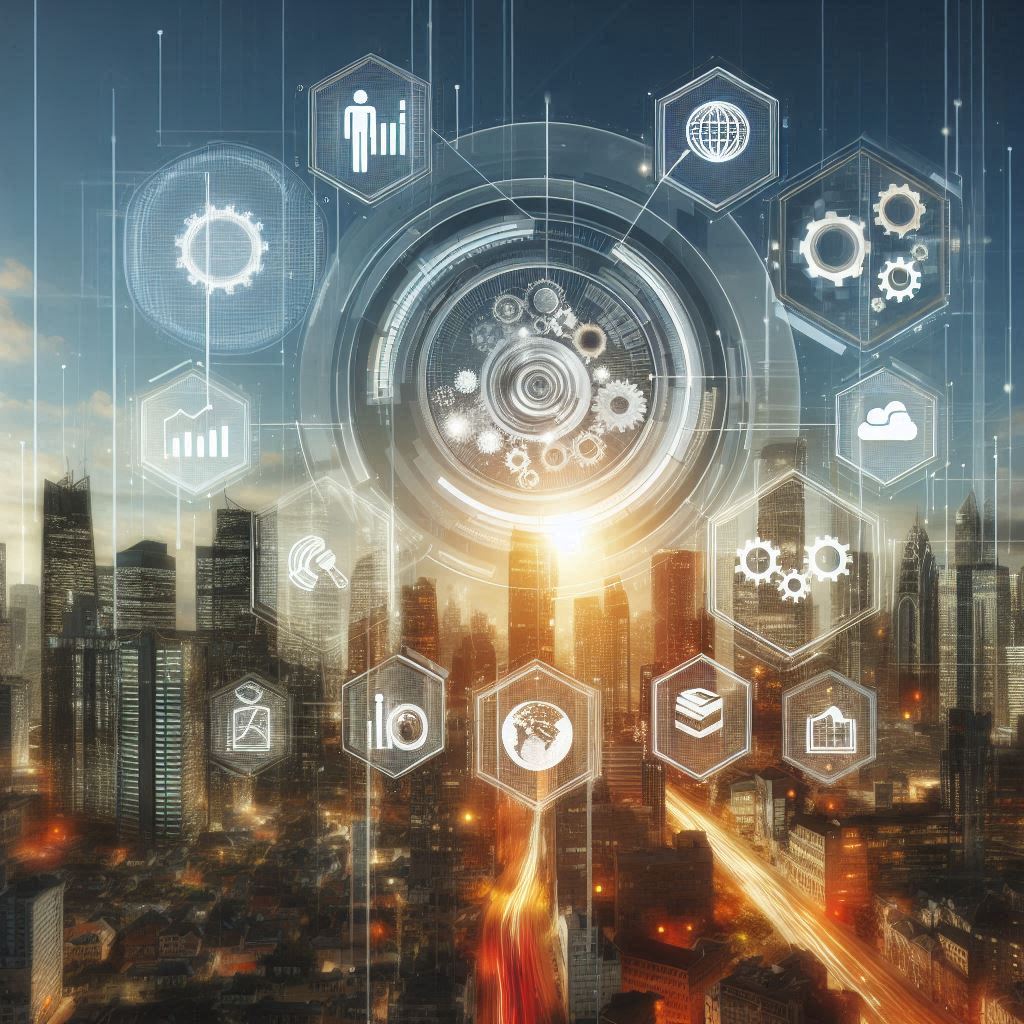In the dynamic landscape of modern business, automation is no longer a luxury; it’s an essential component for maintaining efficiency and competitive advantage. Businesses today frequently choose between two powerful types of software: Enterprise Resource Planning (ERP) and Customer Relationship Management (CRM). These systems are pivotal in integrating diverse facets of a company, from financial management and operations to customer interactions.
However, deciding whether ERP or CRM is best suited for your business can be complex. This article, backed by Devoner’s extensive expertise in software development and consulting, will guide you through the distinct features, advantages, and use cases of ERP and CRM systems. With a proven track record of delivering tailored solutions, Devoner ensures that the insights shared here are practical and rooted in real-world applications.
As you explore this guide, you’ll gain a clear understanding of how ERP and CRM systems differ, their unique functionalities, and how to determine which system—or combination thereof—is ideal for your business. This article is designed to cut through the technical jargon, empowering you with the knowledge necessary to make informed decisions about automating and optimizing your business processes.
What Is the Difference Between ERP and CRM?
Understanding the roles of ERP and CRM systems is crucial when choosing between them. ERP systems focus on centralizing and streamlining company operations, optimizing resources across various departments. In contrast, CRM systems are designed to manage and enhance relationships with customers and stakeholders, driving growth and customer satisfaction.
ERP (Enterprise Resource Planning) Overview
ERP systems have evolved significantly from their origins in Material Requirements Planning (MRP), initially aimed at helping manufacturers manage resources. Today, ERP systems serve as a unified database that integrates all aspects of an organization’s operations, including financial management, inventory control, supply chain management, and even human resources.
CRM (Customer Relationship Management) Overview
CRM systems were originally developed to support sales departments, focusing on automating sales processes. Over time, they have expanded to encompass customer service, marketing, and other customer-related functions. A comprehensive CRM system now integrates various customer interaction channels, ensuring a consistent and personalized customer experience across the board.
Key Differences Between ERP and CRM
- Scope of Functionality: ERP systems manage back-office operations, including payroll, accounting, and procurement, while CRM systems focus on front-office operations like sales, marketing, and customer service.
- Data Management: ERP systems handle financial and operational data, whereas CRM systems are centered on managing customer data to improve relationships and sales.
- Operational Approach: ERP systems aim to enhance efficiency and reduce costs, while CRM systems drive profitability by optimizing customer interactions and sales processes.
- Integration: Some ERP systems include CRM functionalities, offering a hybrid solution. However, CRM systems typically do not cover ERP capabilities.
- User Departments: ERP systems are generally used by finance and operations teams, while CRM systems are primarily utilized by sales and customer service teams.
Use Cases for ERP vs CRM
ERP System Use Cases
- Financial Management: Streamlining general ledger management, payroll, and financial reporting.
- Inventory and Supply Chain Management: Optimizing inventory levels and adapting supply chains to market demands.
- Human Resources Management: Centralizing employee data and payroll processing.
- Project Management: Enhancing resource allocation, timeline management, and cost control.
- Real-World Example: Microsoft leverages ERP to integrate and manage its global operations efficiently.
CRM System Use Cases
- Sales Force Automation: Automating lead tracking and sales forecasting to streamline the sales cycle.
- Marketing Automation: Managing campaigns and customer segmentation for targeted marketing strategies.
- Customer Service and Support: Improving customer service through efficient ticket tracking and issue resolution.
- Analytics and Reporting: Providing insights into customer behavior and sales trends for informed decision-making.
- Real-World Example: Salesforce helps companies enhance their customer relations and sales processes through robust CRM capabilities.
Benefits of ERP
ERP systems offer numerous benefits, from enhancing data security to boosting productivity and cost savings. They enable accurate forecasting, better customer service, and overall operational efficiency, making them a strategic investment for businesses looking to optimize their internal processes.
Benefits of CRM
CRM systems are essential for managing customer relationships, driving sales growth, and enhancing collaboration across departments. They centralize customer data, identify and convert leads, and facilitate smarter business decisions, making them invaluable tools for businesses focused on customer-centric strategies.
Key Takeaway
Choosing the right ERP or CRM system is crucial for the success of your business. While ERP systems focus on internal processes, CRM systems are designed to strengthen customer relationships. Understanding these differences will help you make informed decisions that align with your business goals, ensuring you leverage these powerful tools to their fullest potential.


